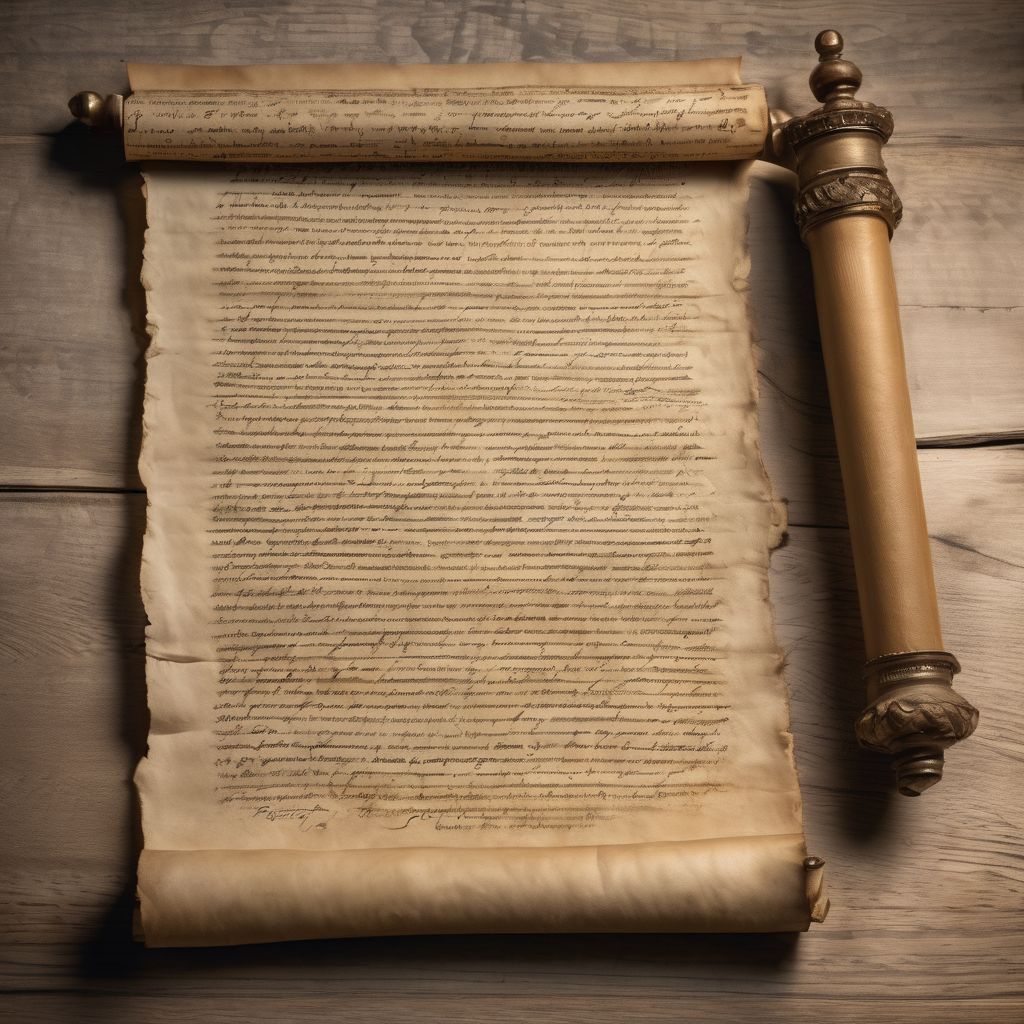Yesterday marked a significant day in history, coinciding with Halloween celebrations as children and adults donned costumes as various creatures and characters. More importantly, it was the 508th anniversary of the Protestant Reformation, a movement sparked by the actions of Martin Luther, an Augustinian monk, who famously nailed his 95 theses to the door of the castle church in Wittenberg, Germany, on October 31, 1517.
Luther’s theses presented a challenge against the sale of indulgences, a practice that allowed individuals to purchase forgiveness for their sins or reduce their time in purgatory. This method was lucrative for the Roman Catholic Church, funding grand cathedrals and lavish projects. However, Luther found this practice inconsistent with biblical teachings and believed it misled the faithful into a false sense of security regarding their salvation. Expecting to be praised for his critique, he was instead met with indifference—initially, his invitation to debate went largely ignored as it was written in Latin, the scholarly language of the time, rather than the vernacular German.
As his challenge circulated, translated into German and disseminated by the newly developed printing press, Luther’s ideas gained traction across Europe, igniting widespread debate and controversy. His assertion against the church’s practices provoked harsh responses from church authorities, including a papal condemnation and a demand for recantation. Luther remained resolute, choosing instead to burn the papal decree and risk excommunication, which he ultimately faced while maintaining support from powerful allies.
The Protestant Reformation holds historical significance for several reasons. Firstly, it underscored the authority and accessibility of the Bible, challenging the notion that church doctrines held equal weight to scripture. This led to translations of the Bible into various languages, allowing more individuals to interpret texts without exclusive reliance on Latin.
Secondly, it revived the doctrine of salvation through God’s grace rather than through monetary donations or religious acts. This move emphasized the gift of salvation, freely given and not earned through earthly means.
Lastly, the Reformation brought forth the concept of Jesus Christ as the “sole mediator” for salvation, allowing believers direct access to God without the need for clergy as intermediaries. This established the idea of a “priesthood of all believers,” empowering individuals to engage in personal relationships with God.
What began as a scholarly debate transformed into a revolutionary movement that reshaped the religious landscape of the world. Martin Luther’s 95 theses not only sparked a reformation in faith but also marked a pivotal point in the accessibility of religious understanding. Reflecting on this 508 years later, one can appreciate the profound impact Luther’s ministry has had on Christian faith and practice.
